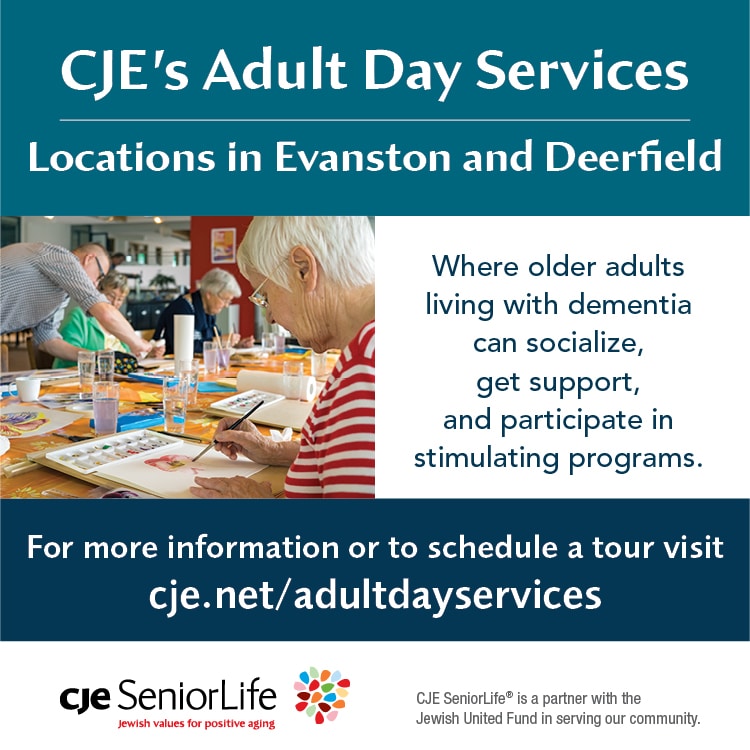We asked nine area healthcare professionals to answer…
What is the most important thing about healthcare that you wish more people were aware of?
“That we care for them.”
—Frances Terry, LPN, Jesse Brown VA Medical Center
Patients need to recognize that public health is really, really important. We can’t only think about our own individual health. We have to recognize when to prioritize public health for the good of all. Covid forced those of us who never thought about this to see how making collective decisions actually helped our individual health. The facts are constantly changing, and to stay on top of things, we need to be sure that medical and scientific information gets disseminated in factual, evidence-based ways.
—Rachel Goodman, MD, pediatrician, Elm Street Pediatrics in Winnetka
Patients should be aware of the likelihood of finding fake information on the internet. They should not rely on the many websites that have popped up in the last years claiming to provide useful information for patients when actually in so many cases they are charlatans. That’s a problem, because then [patients] feel empowered by this false information and make decisions on their health based on that, which is so inappropriate.”
—Stefano Guandalini, MD, pediatric gastroenterologist (retired) and professor emeritus, UChicago Medicine
That they’re important, that their care matters.
—Kawana Agnew, CNA, UCMC Ingalls Memorial Hospital in Harvey
“We’re here for the patients, but be patient with us for being short staffed.”
—Susan Latson, phlebotomist, Jesse Brown VA Medical Center
“That we are actually trying to provide care to them. We have limited space, and the thing about the Emergency Department is that we have to take anyone who comes. When people come in, they’re like, ‘This is an emergency, or I wouldn’t be here.’ If we make them wait for five to seven hours, they’re like, ‘Isn’t this serious? Isn’t it an emergency?’ Yes, it is. You’re important to us, but we have limited staff. We often don’t have enough staff, and we’re at the mercy of the inpatient floors. In an ideal world, we’d have enough rooms, doctors, ancillary supplies. We don’t want people to wait. We do care. We do take your problem seriously.”
—Staff nurse in the ED at a suburban Chicago hospital
“Healthcare should be a right, and everybody should be afforded that same right.”
—Kimberly Smith, government relations, Service Employees International Union (SEIU)
“There’s a lot that I’m concerned about — but insurance, what people qualify for. There are a lot of people on Medicare and Medicaid, and they’re barely making it. They don’t know that they qualify for the Medicare Savings Plan (MSP) to cover their Part B, for example. That amount of money can mean, ‘What do I eat? What other bills can I pay?’”
—Judi Jordan, Senior Program Manager, Weiss Memorial Hospital
“Patients should be aware of how much control they have over their future wellbeing. There are things that are outside of our control as humans, and there are things that are outside of our control in terms of biology, but there are lots of elective variables that can positively or negatively affect our medical futures. Diet, exercise, attitude — optimizing those has a beneficial effect. Then on the negative side, there are so many activities we do without considering their long-term health effects. If people would just work a little every day to build good health habits, that would have a huge effect on our collective health futures.
—Benjamin Ticho, MD, ophthalmologist, Ticho Eye Associates, associate professor of ophthalmology at UIC Eye and Ear Infirmary












